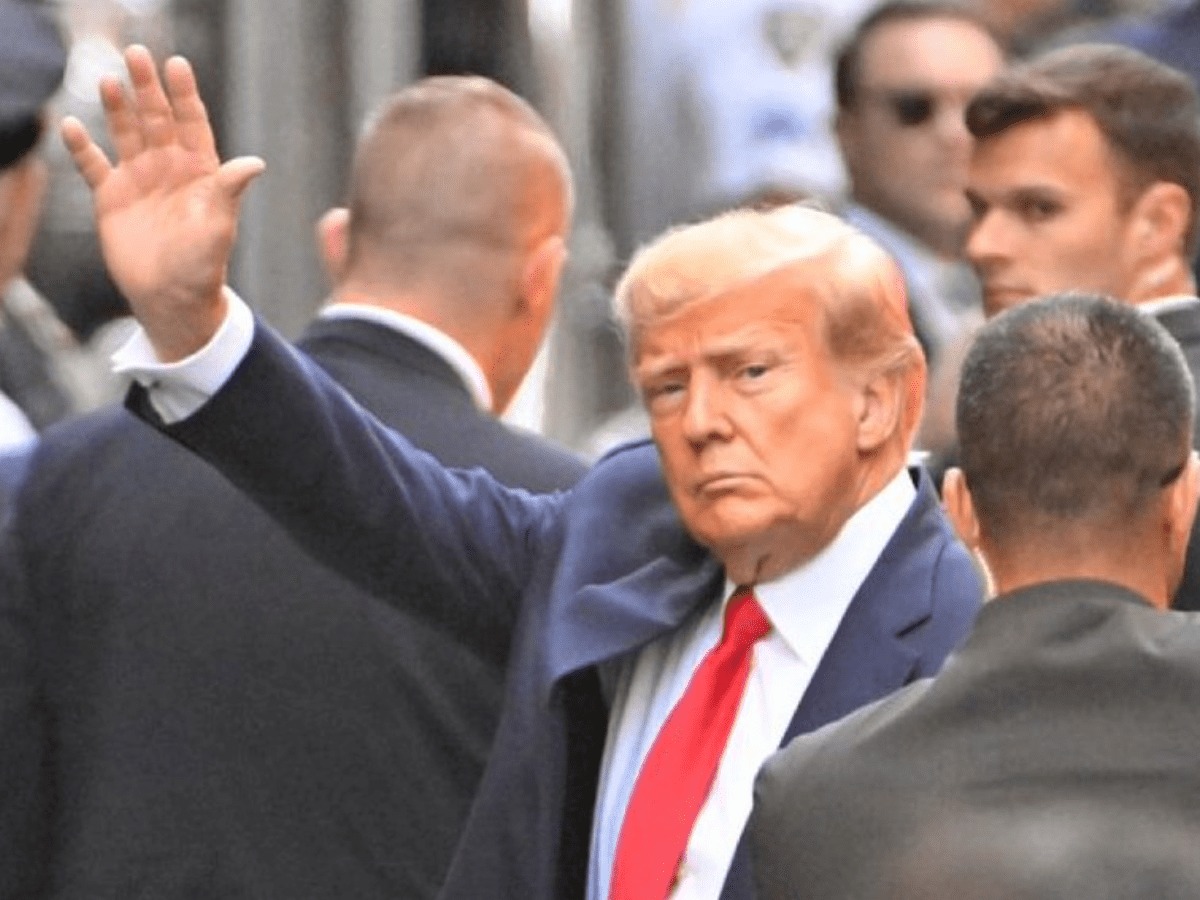The recent U.S. Supreme Court hearing on former President Trump’s claim of immunity from prosecution for his actions surrounding the 2020 election took an unexpected turn.
Instead of focusing on the specifics of Trump’s case, many justices delved into hypothetical scenarios involving future presidents and potential prosecutions they might face. This diversion from the actual allegations against Trump and the federal prosecution he faces made the hearing unnecessarily complex.
Despite the opportunity to address Trump’s charges, several justices consistently redirected the conversation to imaginary cases not currently before the court.
Justices Alito, Gorsuch, and Kavanaugh, among others, expressed concerns about future cases rather than the present one. This departure from Trump’s indictment to speculative discussions complicated the matter unnecessarily.
Donald Trump (Credits: Vox)
In reality, Trump faces serious allegations of engaging in a concerted effort to overturn the election results, including promoting false claims of election fraud, pressuring state officials, and attempting to manipulate the Electoral College process.
These charges highlight the absurdity of granting Trump immunity from prosecution. Looking back at American history further reinforces the argument against immunity for presidents.
The Founding Fathers crafted the Constitution to prevent the president from becoming above the law, drawing from their experiences with abusive executives like King George III. The principles of accountability and the rule of law have been fundamental to the American constitutional order since its inception.
Even if the Court were to consider creating a new rule granting immunity to former presidents for official acts but not personal ones, Trump’s actions would still not qualify for immunity.
His indictment revolves around interfering with the constitutional process of selecting a new president and ensuring a peaceful transfer of power, actions that have no official role for the incumbent president.
Former President Donald Trump (Credits: BBC)
The Framers of the Constitution understood the dangers of executive abuse of power and took measures to prevent it, including ensuring that presidents could be held accountable for their actions. Trump’s alleged interference in the electoral process strikes at the core of these safeguards and threatens the entire constitutional order.
To reach a just decision, the Supreme Court must focus on the historical precedent and the gravity of the allegations against Trump, rather than engaging in speculative discussions about future cases.
Immunity for Trump would undermine the principles of accountability and the rule of law that have been foundational to the American system of governance for over two centuries.
